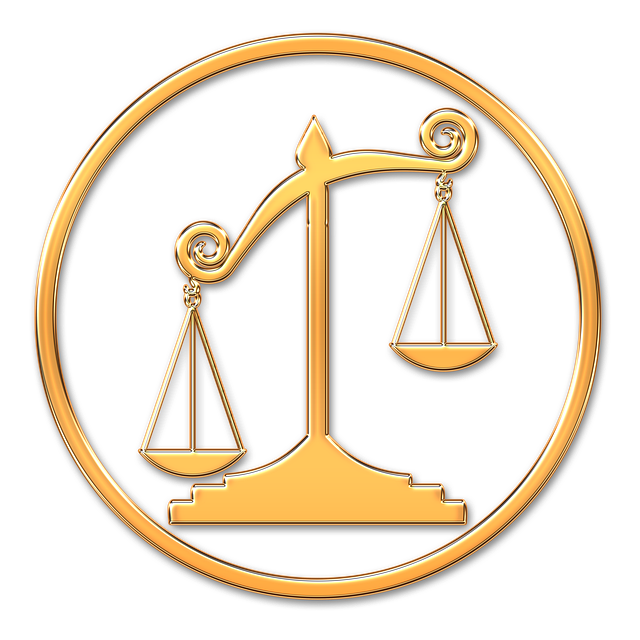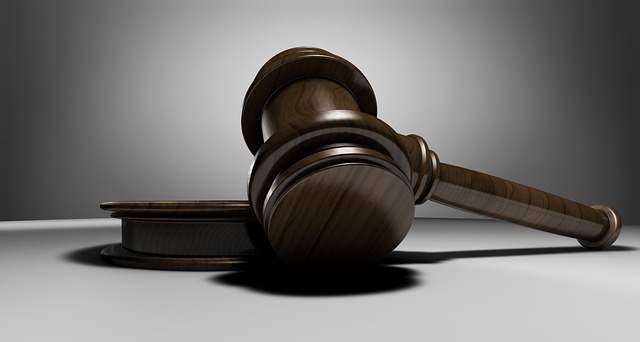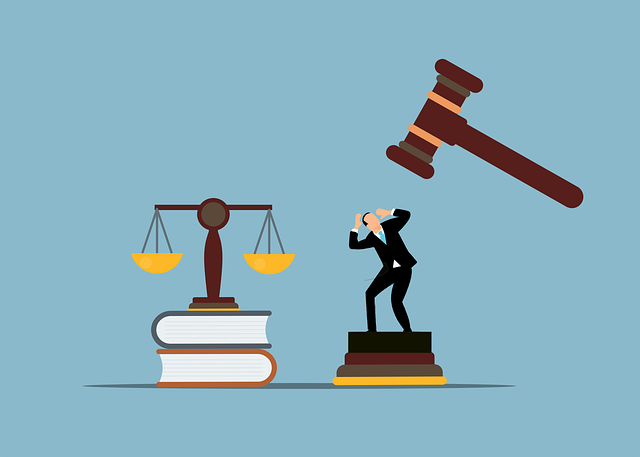Financial fraud, a global concern, requires understanding common tactics like identity theft and investment scams. Data analytics, through advanced algorithms, helps detect suspicious patterns in large datasets, including unusual transactions linked to white-collar crimes. Strong legal frameworks, including intellectual property (IP) lawsuit steps, are crucial deterrents. Implementing robust internal controls, such as clear policies, data integrity, and employee training, detects fraud. Following specific steps – identifying infringement, consulting specialists, drafting & filing a lawsuit – protects IP assets and prevents legal indictment.
Financial fraud is a growing global concern, demanding robust strategies for detection and prevention. This comprehensive guide explores various facets of financial fraud, from understanding its diverse types and common indicators to leveraging data analytics as a powerful detection tool. We delve into legal frameworks, reporting requirements, internal controls, and employee training. Furthermore, this article illuminates critical steps for filing an intellectual property lawsuit against fraudsters, providing essential insights for businesses aiming to safeguard their assets.
- Understanding Financial Fraud: Types and Common Indicators
- The Role of Data Analytics in Detection and Prevention
- Legal Frameworks and Reporting Requirements for Fraud
- Strategies for Effective Internal Controls and Employee Training
- Steps to File an Intellectual Property Lawsuit Against Fraudsters
Understanding Financial Fraud: Types and Common Indicators

Financial fraud is a complex and ever-evolving issue, encompassing various deceptive practices aimed at gaining illegal financial advantages. Understanding the different types and common indicators is the first step in combating this global problem. Common forms include identity theft, where criminals impersonate individuals to gain access to their accounts; investment scams, involving false promises of high returns; and insurance fraud, where claims are exaggerated or fabricated. These schemes often leave telltale signs, such as unusual financial transactions, sudden changes in behavior, or inconsistent documentation.
Recognizing these indicators is crucial for both individuals and institutions to take proactive measures. While some red flags may be obvious, others require a deeper analysis. For instance, unexpected phone calls demanding immediate payments or unusual activity on account statements should prompt further investigation. Moreover, the steps to file an intellectual property lawsuit, which often involves complex financial transactions, can be a critical component in white-collar defense strategies. Avoiding indictment and winning challenging defense verdicts necessitate a thorough understanding of these fraudulent practices, enabling individuals and organizations to protect themselves and their assets effectively.
The Role of Data Analytics in Detection and Prevention

Data analytics has emerged as a powerful tool in the fight against financial fraud, offering sophisticated methods to detect and prevent illicit activities. By leveraging advanced algorithms and machine learning techniques, financial institutions can now analyze vast datasets to uncover suspicious patterns and anomalies indicative of fraudulent behavior. This proactive approach allows for early intervention, minimizing potential losses.
The process involves sifting through transaction data, customer information, and market trends to identify unusual activities. For instance, sudden changes in spending patterns or complex web of transactions can trigger alerts. These analytics tools are particularly effective in detecting white-collar and economic crimes across the country, as they can uncover intricate schemes that traditional methods might miss. With its ability to process vast amounts of data quickly, data analytics plays a pivotal role in securing a winning challenging defense verdict in intellectual property lawsuits, ensuring that steps to file such lawsuits are well-informed and robust.
Legal Frameworks and Reporting Requirements for Fraud

In the global fight against financial fraud, robust legal frameworks and stringent reporting requirements play a pivotal role in deterring and prosecuting malicious activities. Countries worldwide have established comprehensive laws targeting various forms of fraud, with penalties ranging from fines to imprisonment. These regulations not only provide a framework for investigating and prosecuting offenders but also offer protections for victims. One crucial aspect is the process of reporting fraudulent activities to the relevant authorities, which varies across jurisdictions but generally involves specific channels and timelines.
When it comes to recovering losses and seeking justice, understanding the steps to file an intellectual property lawsuit is essential. While general criminal defense strategies may apply in some cases, high-stakes fraud investigations often require specialized legal approaches. Skilled attorneys can guide individuals and organizations through this complex process, ensuring they meet all reporting requirements and take the necessary steps to avoid indictment for any potential delays or procedural errors.
Strategies for Effective Internal Controls and Employee Training

Implementing robust internal controls is a multi-faceted approach to financial fraud detection. It involves establishing clear policies and procedures that delineate responsibilities, ensure data integrity, and provide a framework for monitoring transactions. Organizations should adopt a layered defense strategy, combining technological solutions like advanced analytics and digital signature verification with manual checks and balances. Regular reviews and updates of these controls are essential to adapt to evolving fraud schemes.
Employee training is another critical component. Educating staff about fraud indicators, internal control mechanisms, and reporting procedures can help foster a culture of awareness and accountability. Training sessions should cover recognizing unusual transactions, understanding the importance of data accuracy, and knowing the proper channels for suspicious activity reports. An unprecedented track record of successful fraud detection often correlates with strong internal controls and vigilant employee training, leading to complete dismissal of all charges against the respective business.
Steps to File an Intellectual Property Lawsuit Against Fraudsters

Filing an intellectual property lawsuit against fraudsters involves several crucial steps designed to protect your rights and achieve extraordinary results. The process begins with identifying and documenting the specific instances of intellectual property infringement or fraud. This includes gathering evidence such as emails, financial records, and any digital trails that prove the misuse of your property.
Once you’ve compiled these details, it’s essential to consult with a legal professional experienced in handling intellectual property cases. They’ll guide you through the legal framework, ensuring compliance with local laws and regulations. The lawyer will draft and file the lawsuit on your behalf, aiming to stop the fraudster’s activities and, if successful, obtain damages or other remedies. By taking these steps, both corporate and individual clients can protect their intellectual assets and avoid potential indictment for ignoring early warning signs of fraudulent activity.
Financial fraud is a complex global issue, but with the right tools and strategies, it can be effectively detected and prevented. By understanding the various types and indicators of financial fraud, leveraging data analytics for early detection, adhering to legal frameworks, and implementing robust internal controls and employee training, organizations can significantly reduce their risk. Additionally, knowing the steps to file a robust intellectual property lawsuit against fraudsters is crucial in combating this crime. Together, these measures empower institutions to safeguard their assets, protect stakeholders, and maintain public trust.






